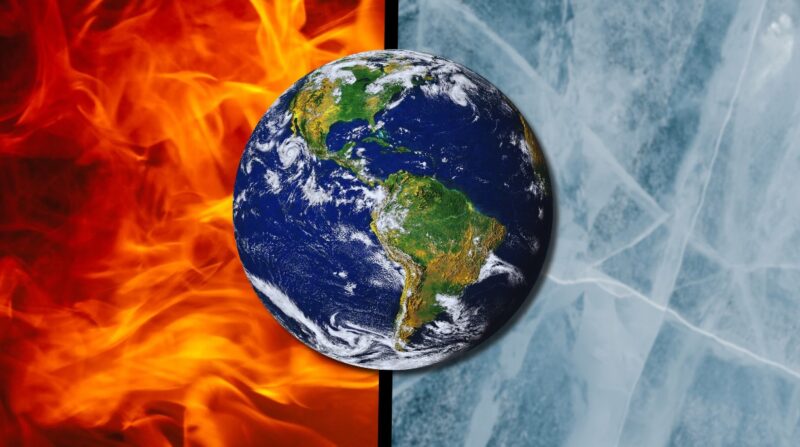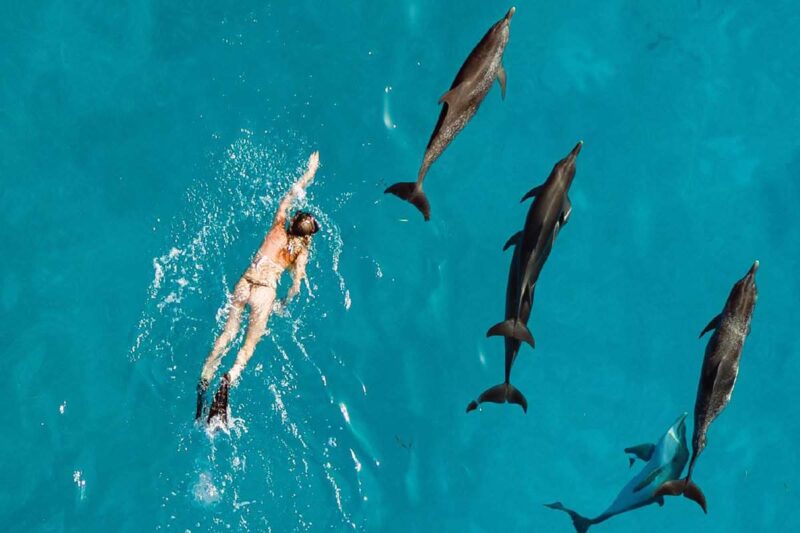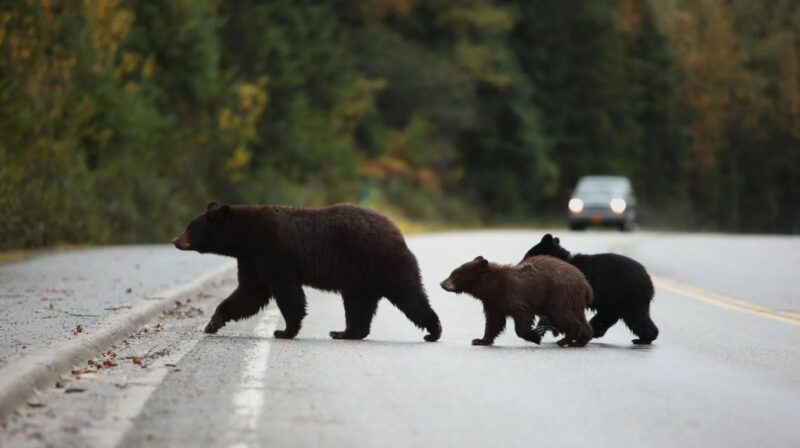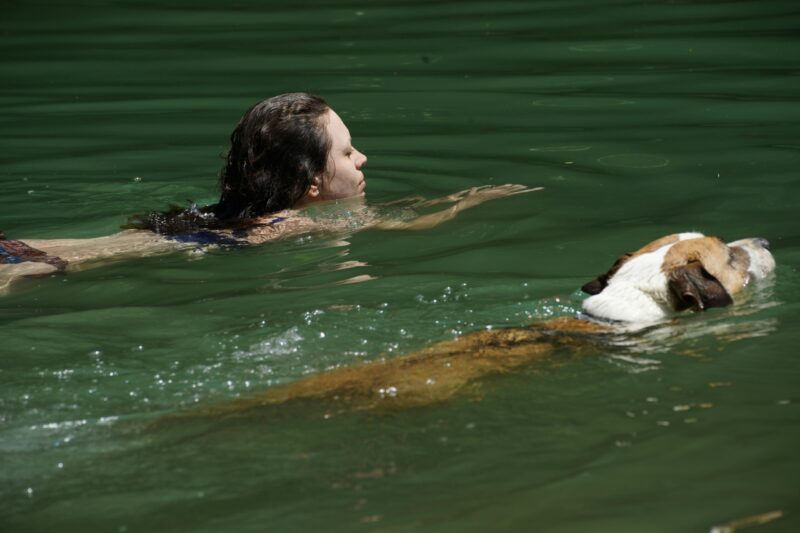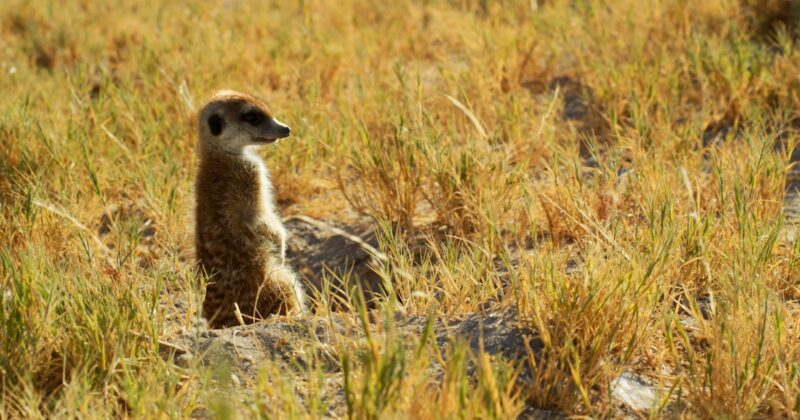Over the course of years, I’ve spent countless hours in the muted light of a theater, entranced by the tales that flicker across the silver screen. I’ve seen a multitude of narratives unfold, from thrilling action sequences to tender love stories, all unfolding in their unique cinematic universes. But there’s a genre that never ceases to send a chill down my spine, despite its fiery subject matter: movies about global warming.
There’s a memory that’s etched into my mind. One day, on the way home from a late-night screening, I noticed the stars above were drowned out by the city’s artificial glow. It reminded me of a line from “An Inconvenient Truth,” Al Gore’s chilling wake-up call to the world. “It’s our only home, and that is what is at stake,” he had said. It’s this thought that brings us to today’s subject, an exploration of 10 cinematic endeavors that boldly confront the realities of global warming.
1. An Inconvenient Truth (2006)
An Inconvenient Truth was a documentary that broke new ground, taking what could be a dry topic and transforming it into a compelling cinematic narrative. Former Vice President Al Gore’s presentation on the perils of global warming served as the backbone for this sobering exploration of our planet’s future. Directed by Davis Guggenheim, it expertly weaves scientific data with Gore’s personal narrative, shedding light on the imminent threat and the urgency for action.
Yet, what’s most impressive is the film’s lasting impact. It didn’t just vanish into the annals of cinema history. Instead, it stirred public consciousness and spurred debates worldwide, prompting actions and policy changes. Its sequel, An Inconvenient Sequel: Truth to Power (2017), continues to stoke the embers of this critical dialogue, emphasizing that the climate crisis is not just a scientific issue—it’s a human one.
2. The Day After Tomorrow (2004)
Next on the list is the visually-stunning disaster epic, The Day After Tomorrow. Directed by Roland Emmerich, it brings the climate crisis to life in a dramatic fashion. Though its science may be more Hollywood than reality, the core message – that we’re meddling with forces far beyond our understanding — rings alarmingly true.
The Day After Tomorrow illustrates a worst-case scenario of climate change, where abrupt global warming triggers a catastrophic series of weather events leading to a new Ice Age. While the film leans heavily on spectacle, its underlying message about our responsibility to our planet continues to resonate, and it serves as a potent reminder of the scale of destruction that climate change can bring.
3. Chasing Ice (2012)
With Chasing Ice, we venture into the world of acclaimed National Geographic photographer James Balog as he documents the melting of the world’s glaciers using time-lapse cameras. The breathtaking cinematography captures the raw, devastating beauty of the vanishing ice landscapes, making the climate crisis visceral and hauntingly real.
However, Chasing Ice is more than just a collection of stunning images. It’s an intimate portrait of a man’s obsession with capturing truth through his lens, and it forces us to confront the real, tangible consequences of our actions. It’s a tale of persistence, resilience, and, ultimately, a profound love for our planet.
4. Beasts of the Southern Wild (2012)
Beasts of the Southern Wild is a stunningly shot, post-Katrina allegory for climate change. It captures the global warming crisis from the perspective of a six-year-old girl named Hushpuppy, living in a bayou community in Louisiana. The film’s magic realism paints a heart-rending picture of how climate change affects those at the fringes of society.
While it’s not a typical climate change movie, Beasts of the Southern Wild taps into the human aspect of the crisis, highlighting the inequalities exposed by environmental catastrophes. The film strikes a delicate balance between grim reality and a hopeful future, underscoring the resilience and determination of those left in climate change’s wake.
5. Before The Flood (2016)
Before The Flood, a documentary featuring Leonardo DiCaprio takes us on a global tour of the impacts of climate change. It’s an urgent plea to understand the dangers we face and a rallying call to address them head-on. Coupling breathtaking visuals with compelling interviews, it paints a grim picture of a planet on the brink.
Yet, the film doesn’t merely rely on scare tactics. Instead, it emphasizes that there are practical solutions within our reach and that taking action now could help avert the most devastating consequences of global warming. Before The Flood powerfully reminds us that we all have a role to play in combating this existential threat.
6. Wall-E (2008)
Even animation has tackled this weighty issue. Pixar’s Wall-E is a heartwarming tale of a lonely robot cleaning a desolate, garbage-ridden Earth. The film deftly uses the medium of animation to offer a stark warning of a potential future if we continue to neglect our planet.
Wall-E’s visual narrative speaks volumes about the damaging effects of our consumerist culture on the environment. Its titular character reminds us that even in the direst of circumstances, there’s room for hope, change, and love. A film both touching and terrifying, Wall-E underscores the importance of environmental stewardship for audiences young and old.
7. The 11th Hour (2007)
The 11th Hour is another documentary produced and narrated by Leonardo DiCaprio, which underscores the dire situation our planet faces. The film features an array of experts who discuss the various aspects of global warming, from the destruction of our ecosystems to the potential for mass extinction.
But like Before The Flood, The 11th Hour doesn’t leave viewers in despair. Instead, it presents a variety of solutions, from renewable energy to sustainable living practices, urging us to act before it’s too late. Its urgent message and proposed solutions underscore the fact that although the hour is late, there’s still time to change.
8. Snowpiercer (2013)
For a dystopian take on global warming, look no further than Snowpiercer. In this South Korean-Czech film, a failed climate-change experiment freezes the world, and the last survivors live on a train that continuously circles the globe. The film explores class conflict, social injustice, and the reckless ambition of humanity in a chilling tale of survival.
Snowpiercer is a brilliant metaphor for the reckless exploitation of our planet and the social inequality exacerbated by environmental crises. It combines action and drama with a profound ecological message, leading us to question the cost of our actions and the world we leave behind.
9. Soylent Green (1973)
Though not exclusively about global warming, the dystopian sci-fi classic Soylent Green presents a future plagued by overpopulation, pollution, and heat due to the greenhouse effect. This 1973 film was ahead of its time, depicting a world where the ecological balance has been destroyed, leading to resource scarcity and a shocking secret for survival.
Soylent Green’s portrayal of a dystopian future dominated by corporatism and ecological disaster is a stark reminder of the potential long-term effects of global warming. Its enduring popularity underscores its potent, if grim, message: our planet’s resources are not infinite, and the cost of ignoring that fact is immeasurably high.
10. Happy Feet (2006)
Finally, let’s end with Happy Feet, a feel-good animation film that also tackles the serious issue of global warming. The story of Mumble, the tap-dancing penguin, serves as a metaphor for individuality and the courage to stand against the tide — even when the tide is a literal one resulting from melting polar ice caps.
While Happy Feet is full of heart and humor, it doesn’t shy away from portraying the effects of global warming and human interference on Antarctica’s wildlife. It shows how climate change disrupts natural habitats and forces animals to adapt to survive. It’s an important message delivered with warmth and charm, leaving audiences of all ages with something to ponder.
Final Words
As we roll the end credits on this journey, let’s remember that movies about global warming are not merely tales of dystopian futures or scientific doom. They’re narratives about resilience, innovation, and the indomitable human spirit. They remind us that we’re not passive spectators but active participants in this unfolding story. The curtain may be closing, but the dialogue is far from over — it’s time for us to take action and write a better ending for our planet.


